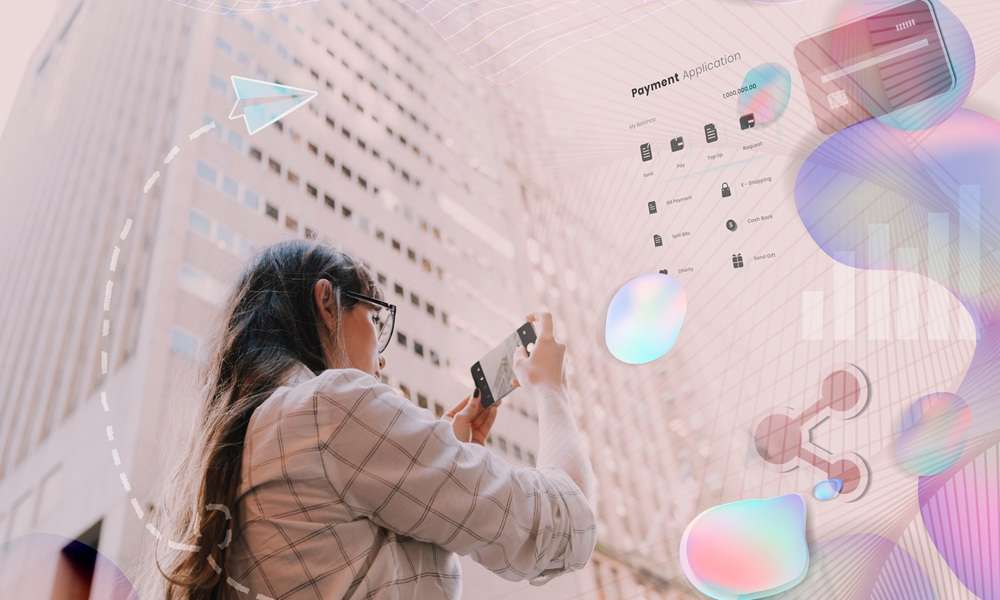Cursor
mode
Support center 8874007964
Generation-Z Digital & AI SEO Agency
Gen Z Mental Health in the Digital Era - Coping with Social Media & AI Tools
Introduction to Gen Z Mental Health in the Digital Era
The Gen Z Generation is navigating unique mental health challenges shaped by digital lifestyles. Unlike past generations, the Gen Z Generation spends significant time on social media, gaming, and online platforms. While technology brings connection and innovation, it also creates stress, anxiety, and constant comparisons. Balancing digital engagement with well-being has become essential. This generation is openly discussing mental health, breaking stigmas, and using technology not only as a source of stress but also as a tool for support, mindfulness, and healing.
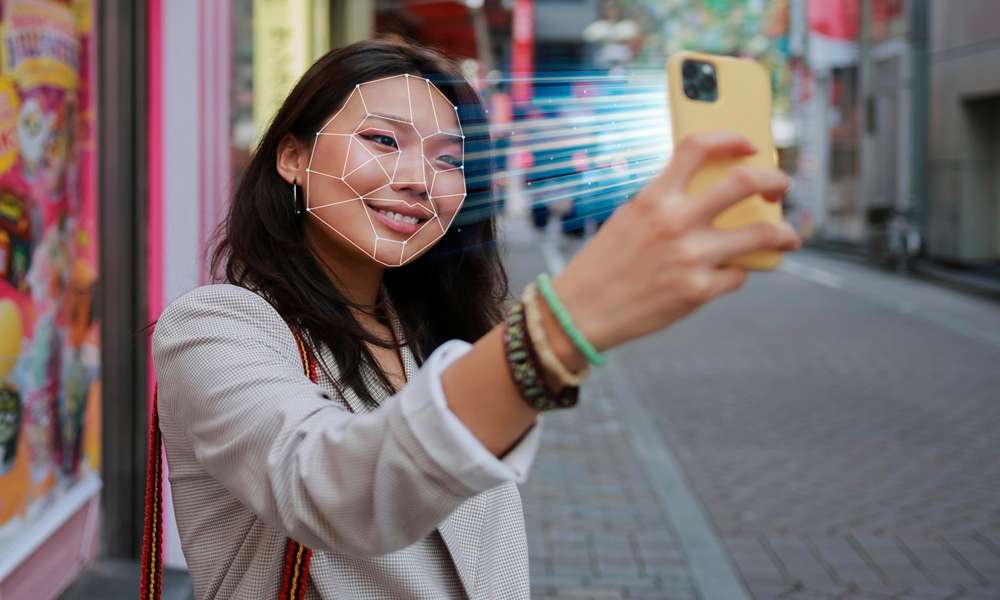
Impact of Social Media on Mental Health
Social media deeply influences the mental well-being of the Gen Z Generation. Platforms like Instagram, TikTok, and Snapchat promote creativity and community but can also foster unrealistic expectations, cyberbullying, and FOMO. The Gen Z Generation is highly aware of these risks, and many are advocating for healthier digital boundaries. While social media can boost self-expression, it also increases pressure to constantly perform. Understanding these impacts allows Gen Z to reshape online habits, ensuring mental health remains a top priority in the digital age.
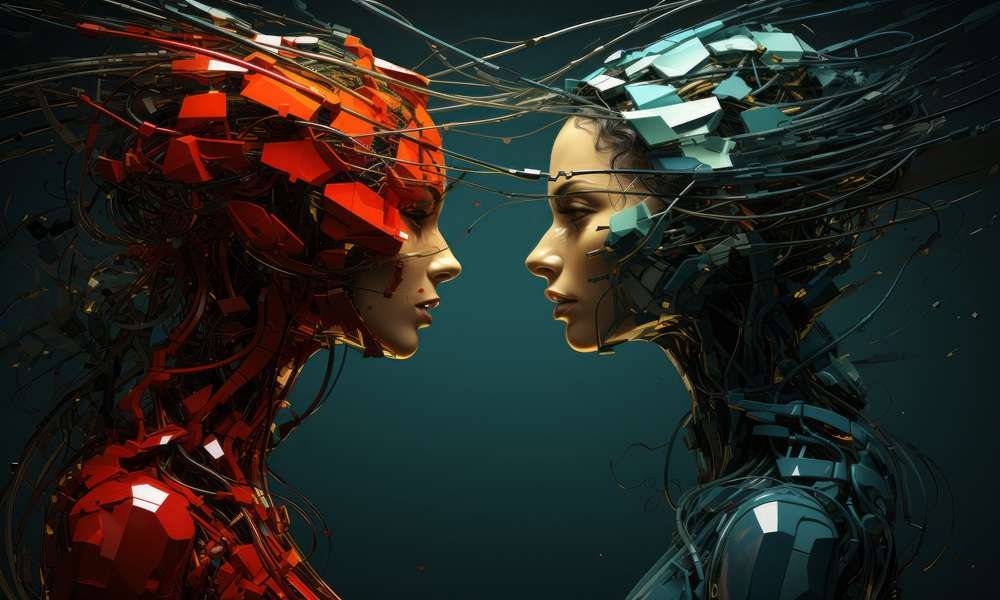
Digital Burnout and Screen Fatigue
The Gen Z Generation experiences high rates of digital burnout caused by constant connectivity. With endless scrolling, gaming, and online classes, screen fatigue is a growing concern. The Gen Z Generation struggles with sleep disruption, eye strain, and reduced focus. However, awareness of digital burnout is rising, leading to movements like ‘digital detox’ and mindful screen usage. By setting time limits, practicing offline hobbies, and prioritizing rest, Gen Z is learning to balance digital engagement with mental well-being in healthier, intentional ways.
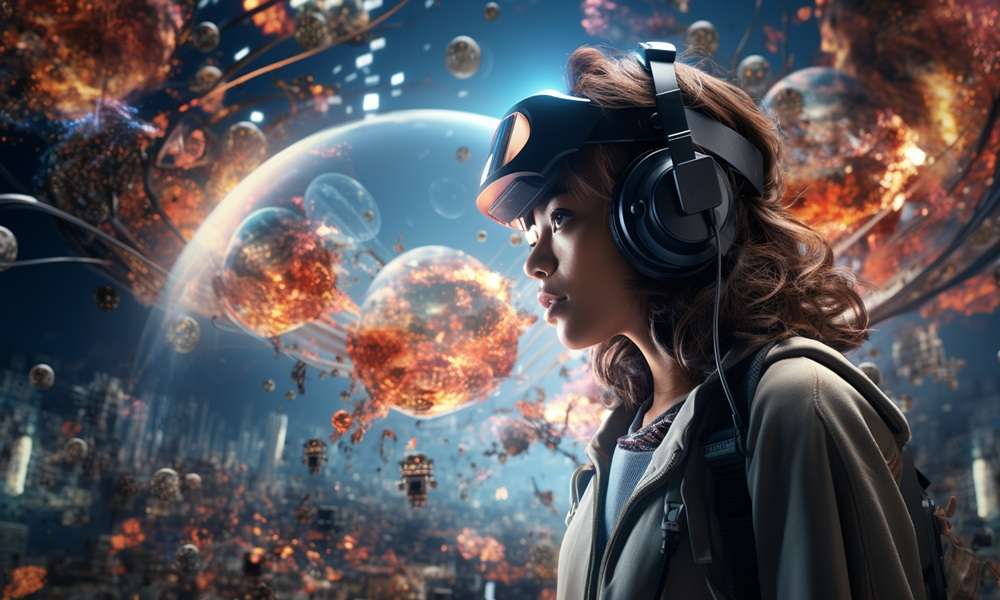
AI Tools Supporting Mental Health
The Gen Z Generation is adopting AI-powered tools to manage mental health effectively. Apps like Woebot, Replika, and Headspace use artificial intelligence for stress relief, guided meditation, and emotional support. These platforms provide 24/7 accessibility, making them especially useful for the Gen Z Generation seeking instant help. AI assistants cannot replace therapists but offer practical support in daily life. By blending technology with care, Gen Z leverages AI to build resilience, improve self-awareness, and create healthier relationships with their digital environments.
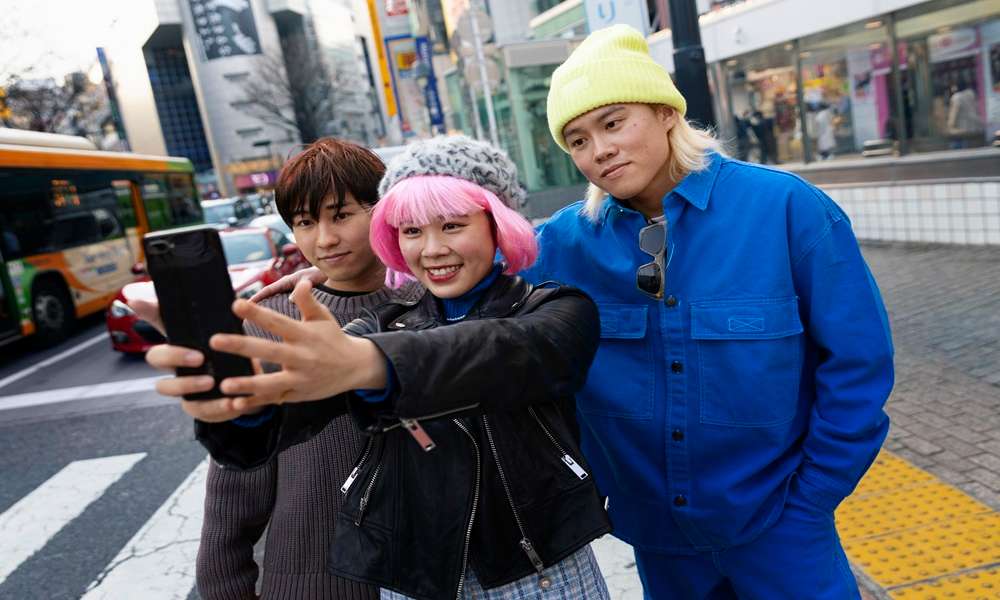
Breaking Stigmas Around Mental Health
The Gen Z Generation is breaking barriers by openly discussing mental health issues. Unlike older generations, the Gen Z Generation normalizes conversations about anxiety, depression, and burnout. Social media campaigns, digital forums, and influencers advocate for acceptance and awareness. This openness reduces stigma and encourages peers to seek help without judgment. By blending digital activism with real-world advocacy, Gen Z is shaping a culture where mental health is prioritized. Their willingness to speak up fosters supportive communities and empowers positive change globally.

Balancing Online and Offline Lives
The Gen Z Generation understands the importance of balancing digital and offline experiences. Excessive online engagement can heighten stress, so many are exploring outdoor activities, exercise, and mindfulness practices. The Gen Z Generation uses tools like screen timers and focus apps to manage time better. Offline hobbies such as reading, sports, and art provide mental clarity and reduce stress. By blending both worlds, Gen Z achieves healthier lifestyles, proving that digital living does not have to compromise emotional well-being or personal growth.
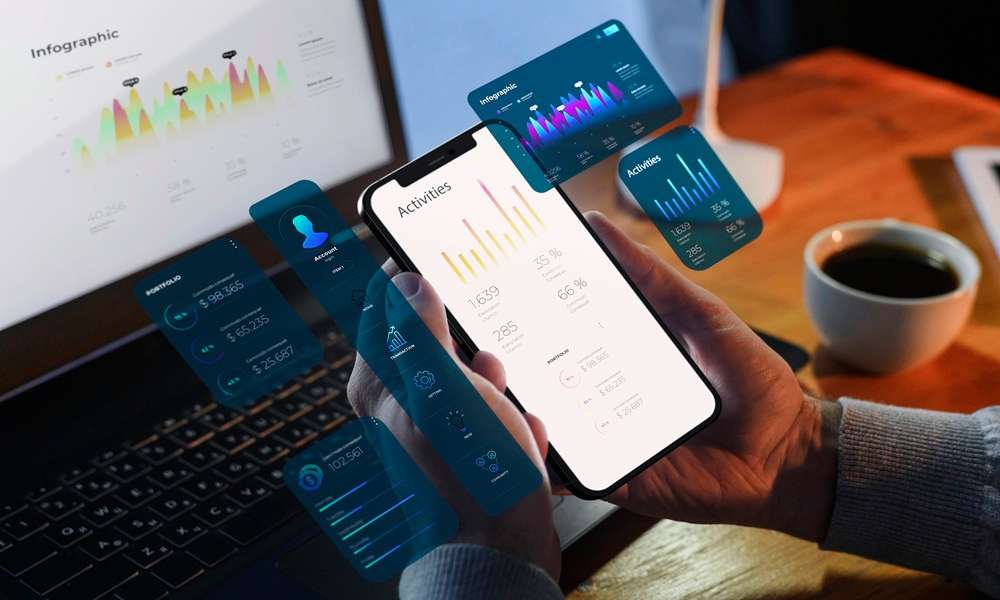
Community Support and Peer Networks
The Gen Z Generation relies heavily on peer networks and online communities for mental health support. Platforms like Discord, Reddit, and support groups offer safe spaces to share struggles and find encouragement. The Gen Z Generation values authenticity, making peer-led conversations essential for coping strategies. Community-driven support reduces feelings of isolation while fostering empathy and inclusivity. By building strong connections through both online and offline groups, Gen Z creates a global support system that ensures mental health challenges are addressed collectively.
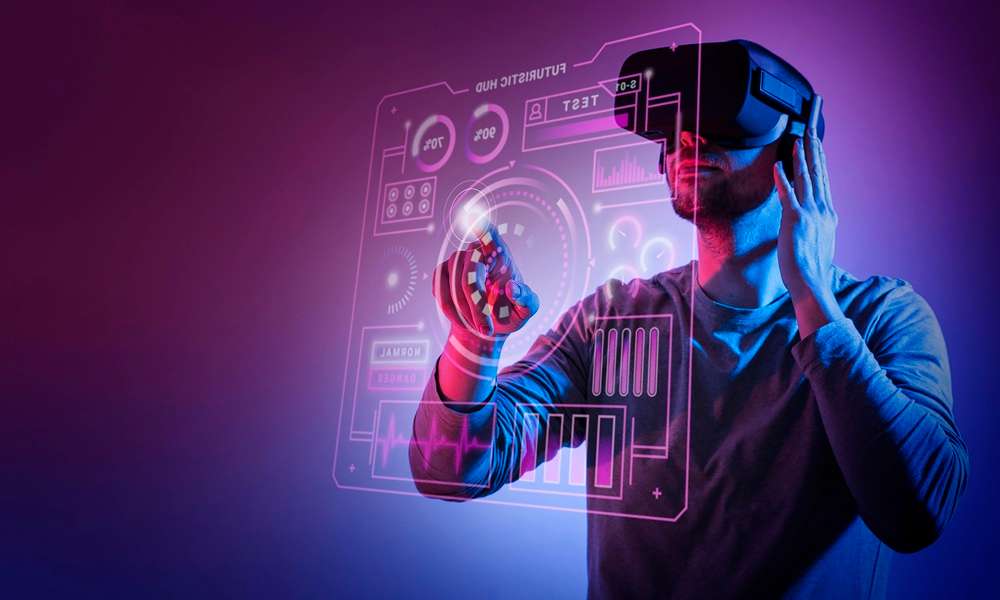
Mindfulness and Wellness Practices
The Gen Z Generation is incorporating mindfulness and wellness practices into daily routines. Meditation apps, yoga challenges, and gratitude journaling have become popular among Gen Z for reducing stress and improving focus. The Gen Z Generation seeks holistic approaches that blend digital tools with wellness traditions. By integrating mindfulness into busy online lifestyles, Gen Z balances productivity with peace of mind. These practices show how the generation is adapting technology to encourage healthier habits, improve resilience, and maintain long-term mental stability.
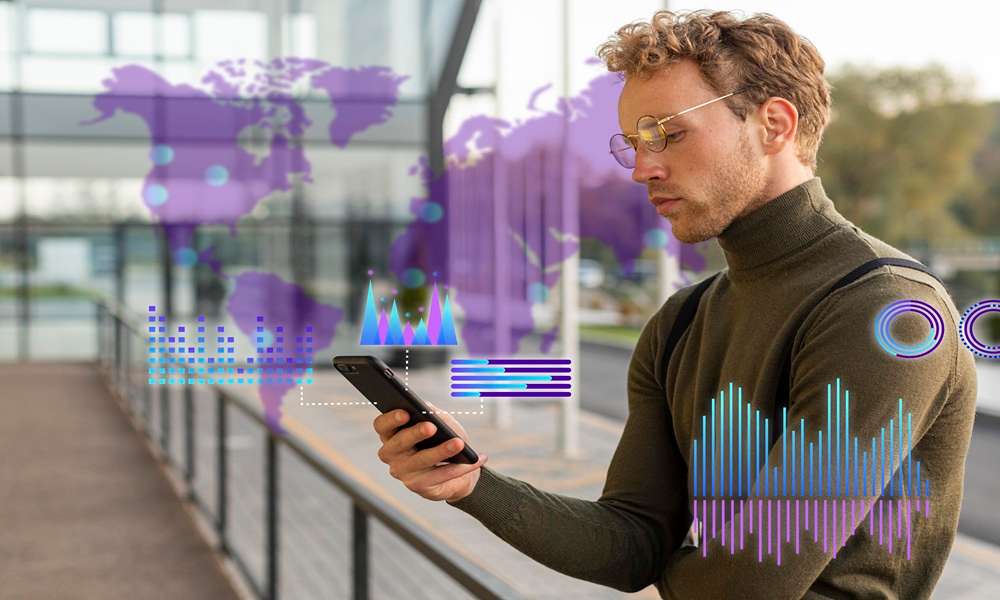
The Future of Mental Health in the Digital Age
The Gen Z Generation is shaping the future of mental health care by merging technology with compassion. With the rise of teletherapy, AI assistants, and online support groups, mental health is becoming more accessible than ever. The Gen Z Generation demands inclusive, affordable, and personalized solutions, pushing industries to innovate responsibly. By advocating for healthier digital ecosystems, they ensure technology enhances well-being rather than harms it. The future of mental health in the digital era reflects Gen Z’s resilience, creativity, and demand for positive change.
